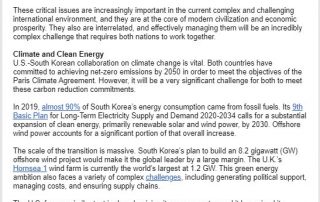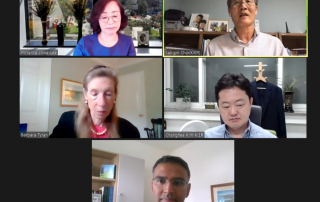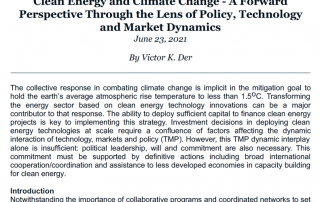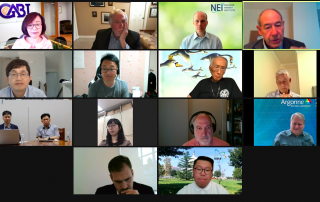Does Nuclear Have a Role in a Decarbonized Energy Mix?
Global CO2 emissions are not abating any time soon. Since the Kyoto Protocol at 1997, global emissions have only risen. Significant emissions reductions need to be made to reach the global climate goals. This fundamental issue has brought nuclear back into the perspective of a clean energy mix. As renewables scale up around the world,










